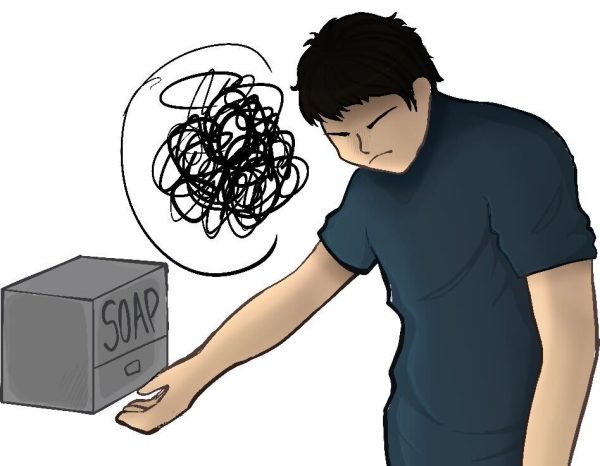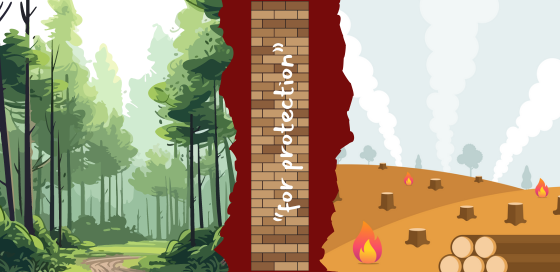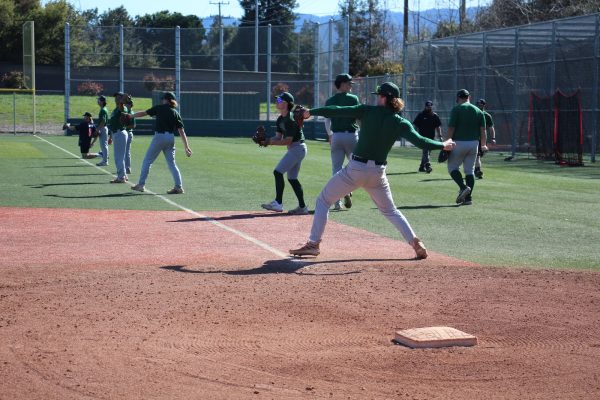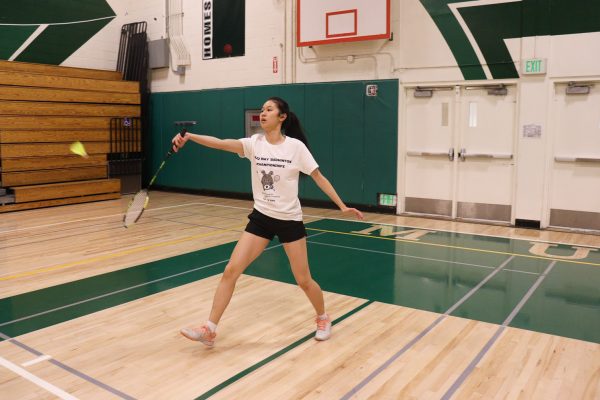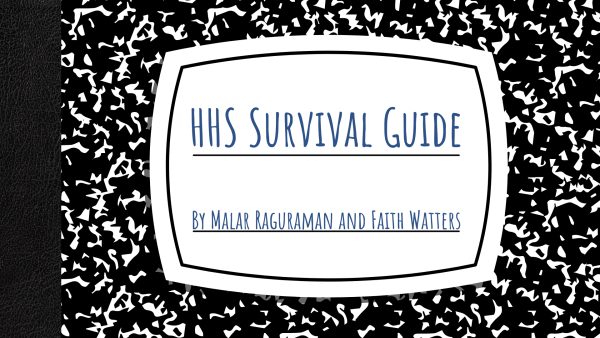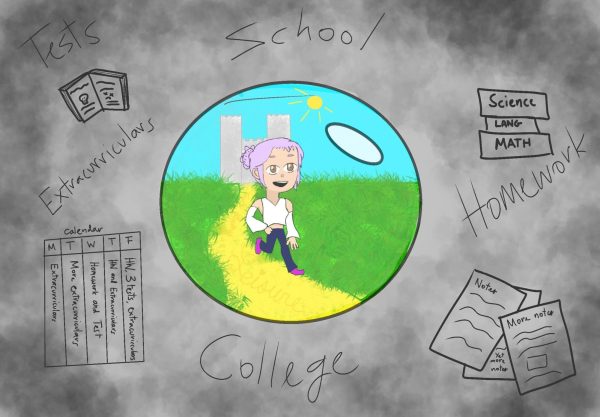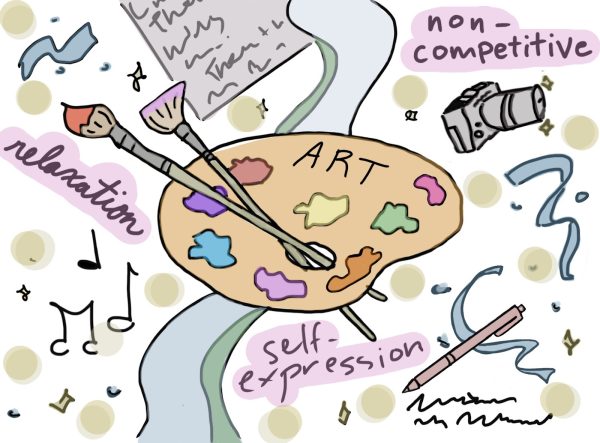The Court Decides: Mahanoy Area School District v. B.L.
Last week, the Supreme Court held oral arguments for Mahanoy Area School District v. B.L., a powerful case that will decide a school’s jurisdiction on a student’s off-campus speech. The case will build off Tinker v. Des Moines; the first case to protect kids’ right to the First Amendment as long as school officials did not believe it would cause disruptions, and will explore a school’s control over a student’s online speech.
After not making the Mahanoy Area high school varsity cheerleading squad, Brandi Levy posted a photo on Snapchat with the caption “f*** school f*** softball f*** cheer f*** everything,” according to AP News. Levy was promptly suspended from the JV cheerleading team for disruption to the cheerleading squad.
Ultimately, the question arises of whether the First Amendment prevents public school officials from regulating online but off-campus student speech.
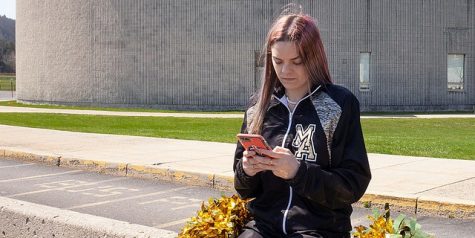
Levy’s suspension was unwarranted as her angry rant did not disrupt any school related activities. There is a clear difference between a student threatening or harassing others online and an angry rant like Levy’s. While a school can and should take proper action when students say they want to harm themselves or others, they should not regulate other aspects of a student’s off-campus speech.
If schools were allowed to discipline students for anything classified as school speech, this would drastically increase their jurisdiction over a student. For instance, a student could be punished for things they said in the confines of their own home, which would violate the First Amendment and the right to freedom of expression.
The ability to safely express emotions is one of the most important freedoms for many students, seeing as they are limited in many other ways. Taking away this unalienable right could have horrific effects, with students no longer having a way to speak out about the issues they face.
Additionally, swearing is something most teenagers do on a daily basis. Is it really necessary to suspend a student from sports over something as trivial as swearing? Swearing is a way for students to express their frustrations and in Levy’s case, she wasn’t even swearing at other students. Most teens use expletives to describe their hatred for a certain topic they dislike. If HHS enforced swearing off-campus, likely more than half the school would find themselves facing disciplinary action.
The First Amendment was created for one reason: to protect the freedoms of all American people. The court should preserve student rights and rule in favor of Levy.





